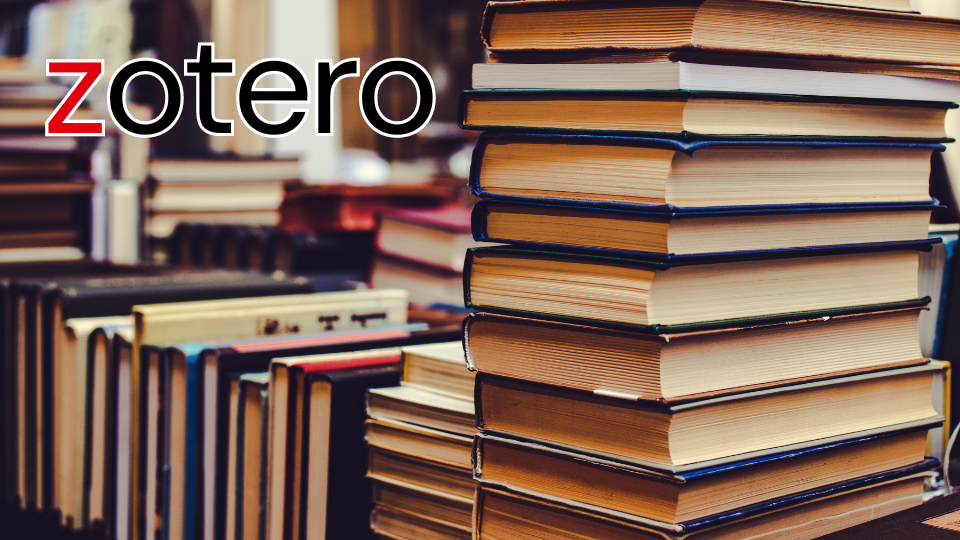Visualized literature research
Connected Papers
AI-supported discovery system for scientific publications. Depending on the chosen aspect (Similar Works, References, Citations, Authors, etc.), the relationships of one selected publication to other publications are visualised using graphs. Productive use requires a paid subscription.
Litmaps
AI-supported discovery system for scientific publications. Starting from a selected publication, similar thematic articles are visualised as a network using graphs, whereby different graphs can be combined with each other. Productive use requires a paid subscription.
open knowledge maps
AI-supported discovery system for scientific publications in the PubMed and BASE databases. Based on search terms, up to 100 relevant publications are visualised. Thematically similar publications are clustered.
ResearchRabbit
AI-supported discovery system for scientific publications. Starting from a selected publication, similar thematic articles are visualised as a network using graphs. Productive use requires a paid subscription.
Literature research
consensus
AI-supported discovery system for scientific publications (data source: Semantic Scholar). Based on a question, relevant publications are analysed and used to answer the question. The 'Pro Analysis' feature enables prompt-supported interactions that go beyond research. Use of the free version is limited. Unlimited use of all functions requires a paid subscription.
Elicit
AI-supported discovery system for scientific publications (data source: Semantic Scholar). Based on a question, relevant publications are evaluated and summarised for the answer. Offers, among other things, the possibility to interact with individual or multiple texts via a chatbot and to identify publications based on concepts. Use is limited in the free version. Unlimited use of all functions requires a paid subscription.
ORKG Ask
AI-supported discovery system for scientific publications. Based on a question, relevant publications (data source: CORE dataset, 80 million open access articles) are analysed and an answer is generated on the basis of five selected papers. ORKG Ask is being developed here at the Technische Informationsbibliothek (TIB).
Perplexity
AI-supported search engine that processes natural language queries and accesses web sources to generate the output. If the "Academic" focus is selected, scientific publications are used to answer the query. Most of these publications come from the Semantic Scholar database. Use is limited in the free version. Unlimited use of all functions and language models requires a paid subscription.
SciSpace
AI-supported discovery system for scientific publications. Also offers the option of interacting with individual texts via an AI chatbot. Other tools can be used to paraphrase sections of text or to create references in various citation styles. An AI-supported writing tool with citation function is also available for text work. Unlimited use of all functions requires a paid subscription.
Scopus AI (lizenziert)
AI-supported research tool, integrated into the specialist database Scopus. Based on a question, relevant publications are analysed and used to answer the question. In addition, three 'topic experts' are listed, in-depth follow-up questions are suggested and topics linked to the query are identified and analysed.
Semantic Scholar
Discovery system for scientific publications. Offers, among other things, an AI-supported research feed: Based on selected publications, further thematically relevant publications are automatically and continuously suggested. The comprehensive index (approx. 223 million data records) is used as a data source by many AI-supported research tools (e.g. Elicit, Consensus, SciSpace).
last updated 27.01.2025



























